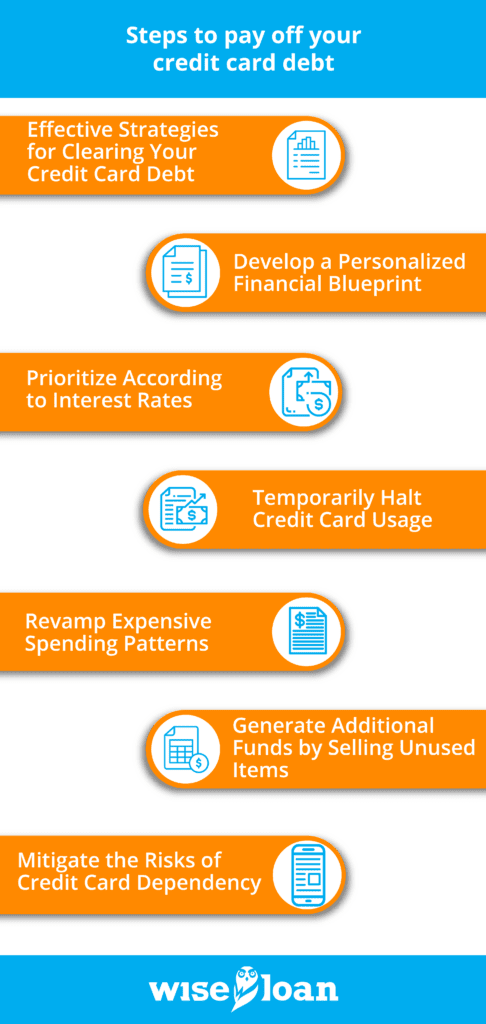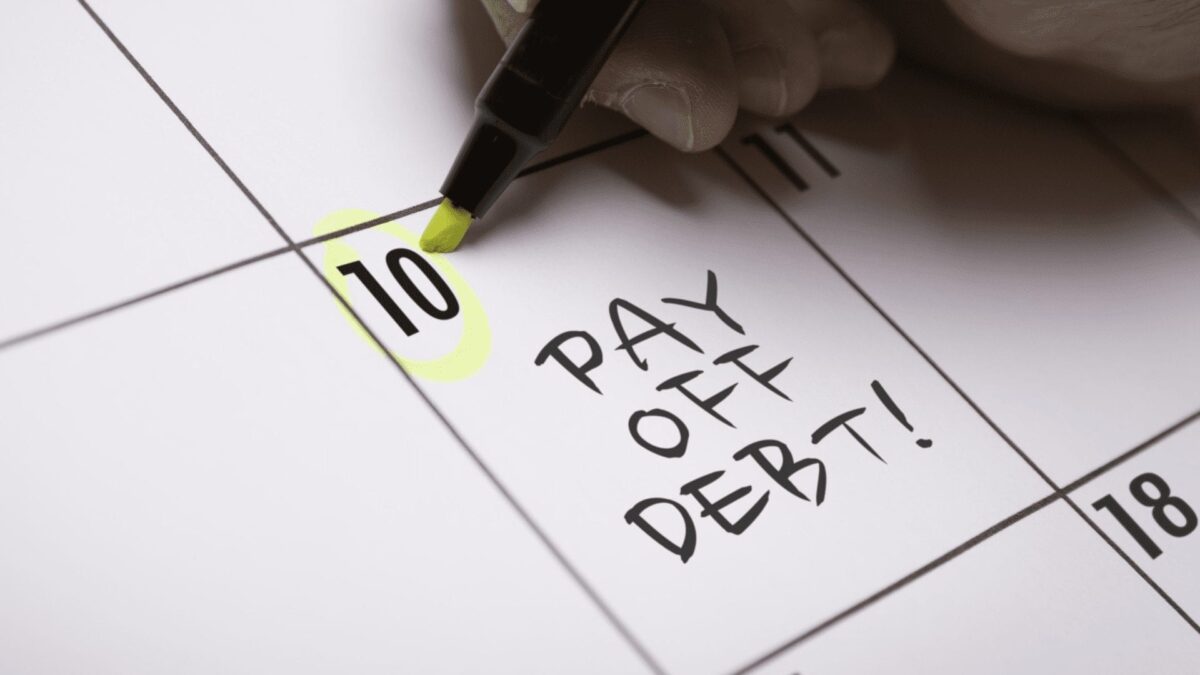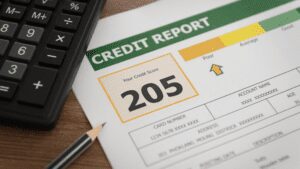Effective Strategies for Clearing Your Credit Card Debt
Whether you possess multiple credit cards or just one, the ease with which you can slip into debt is undeniable. Credit cards extend the allure of spending beyond your means, leading to a distressing financial situation. Tackling substantial debt can be daunting, but with the right approach, you can pay it off and prevent its recurrence. Here are essential steps to help you navigate this journey:
Develop a Personalized Financial Blueprint
Your initial move towards managing debt is crafting a sustainable budget. Begin by detailing your monthly expenditures, encompassing rent, groceries, and bills. Sum up these costs and subtract them from your monthly earnings. This exercise will provide clarity on the amount available for debt repayment. Organizing your financial commitments offers a foundation for debt negotiation and a visual representation of your financial status.
Prioritize According to Interest Rates
The next step in debt consolidation involves categorizing your credit cards based on interest rates. Arrange them from the highest to the lowest rate. This methodical arrangement serves two purposes: it maintains your focus and aids in debt prioritization. Allocate minimum payments to each card and direct extra funds toward the card with the highest interest rate. As this card is paid off, proceed to the next one in line. Continue this cycle until all cards are settled. If you receive work-related bonuses, redirect them towards debt reduction instead of unnecessary expenditures.
Temporarily Halt Credit Card Usage
During your debt repayment journey, cease using credit cards. This practice prevents further accumulation of debt by refraining from spending beyond your means. Concentrate on debt elimination, safeguarding yourself from digging a deeper financial hole. If you frequently shop online, consider erasing your stored credit card details. This deliberate inconvenience prompts reflection before purchases, ultimately curbing unnecessary expenses.

Generate Additional Funds by Selling Unused Items
An accessible approach to supplementing your funds is selling unused belongings. Items gathering dust, like that neglected bookshelf, can be valuable to others. Utilize platforms like Amazon, eBay, Craigslist, or the user-friendly app Let Go to dispose of unwanted items swiftly. Let Go, an upgraded version of Craigslist, could facilitate faster sales, enhancing your financial progress.
Revamp Expensive Spending Patterns
Changing your spending habits is paramount. Prioritize savings to preempt debt and unwise expenditures. Distinguishing between necessities and indulgences facilitates the accumulation of savings. After settling your debt, consider celebrating with a cost-effective camping trip instead of an extravagant vacation. Alternatively, reward yourself with long-desired purchases, like clothing, electronics, or furnishings.
Mitigate the Risks of Credit Card Dependency
While credit cards offer convenience, prudent money management is critical. If you acquire a credit card for building credit, ensure the minimum payment remains manageable, even in the event of maximum usage. Despite their benefits, relying solely on credit cards is risky; unpredictable factors could affect credit card companies. Prioritizing savings is prudent, maintaining financial stability.
In conclusion, these actionable steps are designed to aid you in navigating the path to debt clearance. By establishing a structured budget, strategically managing debt repayment, curbing spending impulses, and embracing prudent financial practices, you can regain control of your finances and secure a more stable future.
The recommendations contained in this article are designed for informational purposes only. Essential Lending DBA Wise Loan does not guarantee the accuracy of the information provided in this article; is not responsible for any errors, omissions, or misrepresentations; and is not responsible for the consequences of any decisions or actions taken as a result of the information provided above.











